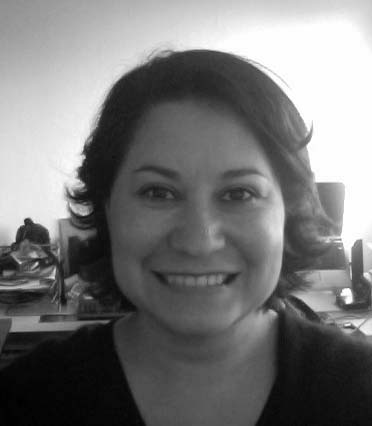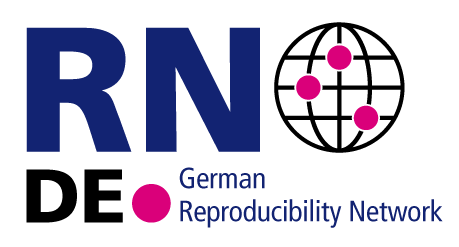“Yes, but what’s your estimand?” Transparent analysis goals as a precondition for meaningful research”; March 6th, 2pm
Liebe Kolleginnen und Kollegen, liebe Studierende, es scheint eigentlich selbstverständlich, dass Wissenschaftler:innen genau wissen sollten, warum sie eine statistische Analyse durchführen. Jedoch zeigt sich, dass sie oft erstaunlich vage bezüglich des Ziels ihrer Analyse, dem so genannten theoretischen Schätzwert, bleiben. Dies mag teilweise strategisch sein (wenn man das Ziel einer Analyse nicht genau angibt, ist […]









